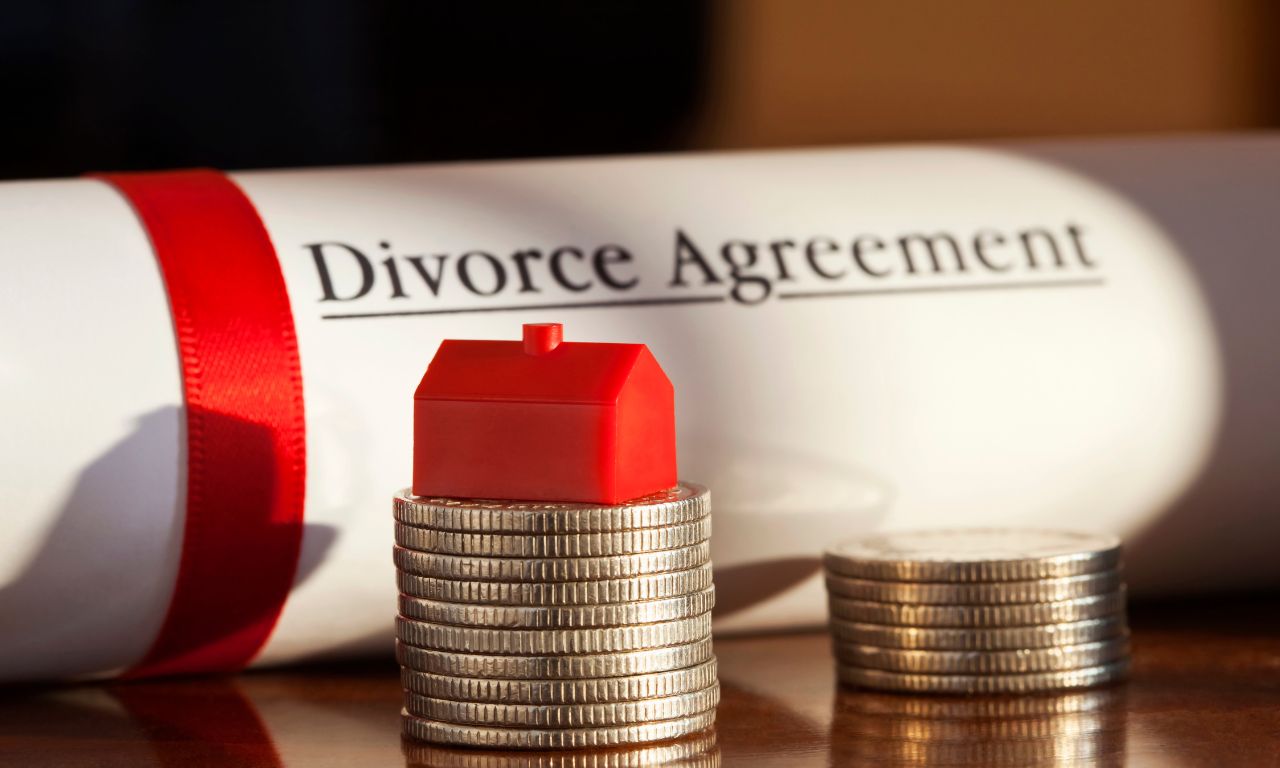Failure to pay maintenance allowance: what are the consequences?

In the event of non-payment of maintenance allowance, seizure of property, mortgage and security in favour of the person entitled against the obliged spouse, may be ordered by the Court.
The attachment of the property of a spouse obliged to pay maintenance to the other spouse is governed by Article 156(6) of the Civil Code. It disregards the main criterion for this measure which is the so-called ‘periculum in mora‘ and it has the sole function of guaranteeing the fulfilment of the property obligations sanctioned by the Court.
Such attachment therefore does not have a precautionary nature as it presupposes a claim already declared and existing (even provisionally), and does not require the gravity of the non-performance nor the danger that in the time required to enforce the right it may be jeopardised by any dispositive act of the debtor.
Once the seizure is granted, it does not immediately turn into an attachment.
Timely performance is required for the revocation of the attachment.
For the purpose of granting the attachment there are two distinct fields of appreciation left to the judge:
- the first, susceptible to be questioned in the event of the emergence of justified reasons, is preordained to the identification of the extent of the administration and requires the appreciation of the income of the parties and of the other factual elements of an economic nature, or in any event assessable in economic terms;
- the second, equally subject to review to which no predetermination of the limit within which the diversion is to be made is extraneous, and which implies, exclusively, an appreciation as to the suitability of the obligor’s conduct to give rise to doubts as to the accuracy and regularity of the future performance, and thus to mortify the typical purposes of the maintenance allowance that has been ordered.
The court may also order a third party who is obliged to the obligor spouse to pay directly to the spouse what is due to the latter. The order to the third party may also extend to the allowance in favour of the minor children, since the allowance in favour of the custodial or placing spouse normally includes both the sums due by way of maintenance to the spouse who does not have adequate income of his or her own and those due by way of maintenance to the children.
Article 156 of the Civil Code stipulates that the spouse must give appropriate security in rem or personal security if there is a danger that he or she may evade the obligation to pay maintenance. This danger may exist in the case of careless or wicked financial behaviour and late payments. If the order does not indicate the type of guarantee, the choice is left to the obligor.
Should you need further clarification or assistance feel free to contact info@vgslawyers.com
